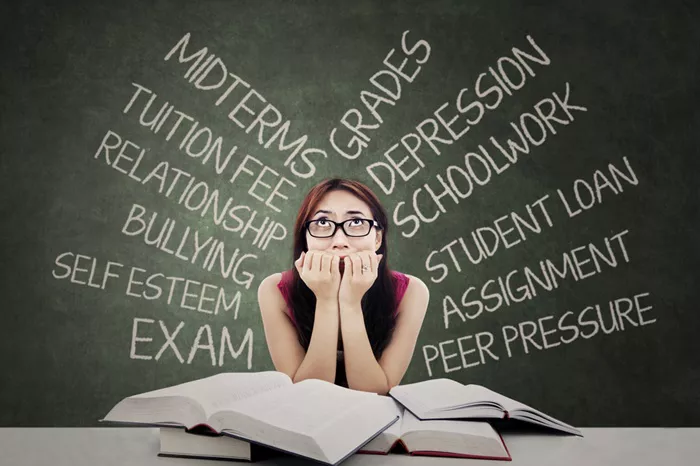Recent research conducted by the University of Southern California’s Center for Applied Research in Education reveals a significant correlation between students’ mental health struggles and their academic performance, with absenteeism and lower grades being prevalent among those experiencing severe mental health issues. The findings underscore the urgent need for expanded mental health services within schools, especially in the wake of the COVID-19 pandemic.
Mental Health Struggles on the Rise
Parents today are reporting worsening mental health among their children compared to a decade ago. However, the nature of these struggles varies significantly across different groups. Research by our team at the University of Southern California’s Center for Applied Research in Education indicates that preteen boys are particularly affected by externalizing behaviors such as hyperactivity, inattentiveness, and conduct problems. On the other hand, teenage girls are more likely to grapple with internalized issues like anxiety and depression.
These findings confirm a growing trend in mental health concerns among students that predates the pandemic but has likely been intensified by school closures, social isolation, and other stressors related to COVID-19.
Linking Mental Health to Academic Performance
Our study also established a clear connection between mental health issues—measured through a “difficulties score”—and academic outcomes. Students with lower grades and higher absenteeism were found to be significantly more likely to have a high difficulties score. For example, only about 1 in 14 students with good attendance at the midpoint of the school year had a high difficulties score, whereas nearly 1 in 4 students who were chronically absent did. Similarly, students earning Cs were three to four times more likely to have a high difficulties score compared to those earning all As and Bs.
High scores on the mental health screener often predict specific diagnoses such as anxiety, mood, or conduct disorders, highlighting the complex relationship between mental health and school performance.
The Need for School-Based Mental Health Services
The ongoing mental health crisis among children has been exacerbated by the COVID-19 pandemic, with rising rates of teen suicides, emergency room visits, and cases of anxiety and depression. At the same time, academic struggles and chronic absenteeism have become more prevalent.
Schools have a critical opportunity to address these issues by offering comprehensive mental health services, including one-on-one counseling, therapy, case management, and referrals to external resources. Our research indicates that nearly three-quarters of parents whose children utilize these services find them helpful.
Despite this, many schools either do not offer these supports or fail to effectively communicate their availability to parents. Notably, 59% of high-income respondents reported that mental health resources were available at their children’s schools, compared to only 37% of low-income respondents. Yet, low-income students are more likely to take advantage of these services when they are available, with over half of low-income respondents reporting their child used the services, compared to just 11% of high-income respondents.
Unmet Needs and Future Directions
There remains a significant unmet need for mental health support in schools, with 20% of parents whose children attend schools without such resources indicating they would use them if available. This presents an opportunity for schools not only to expand mental health services but also to ensure they are reaching the students who need them most.
Questions That Remain
While our research confirms the links between mental health and academic outcomes, the causality remains unclear. It is uncertain whether mental health issues lead to absenteeism and lower grades, or if the reverse is true—absenteeism and academic struggles may contribute to the development of mental health problems.
Next Steps for Research
To effectively address the worsening mental health and academic outcomes among children, further research is needed to understand the underlying causes of these issues. Additionally, exploring the differences in mental health and academic outcomes across various subgroups—such as by income level or race—could provide insights that help schools develop targeted interventions to better support student well-being.
Conclusion
The research highlights an urgent call to action for schools to enhance their mental health services, especially in light of the ongoing challenges faced by students in the post-pandemic era. By addressing the complex relationship between mental health and academic performance, schools can play a crucial role in supporting the overall well-being and success of their students.
[inline_related_posts title=”You Might Be Interested In” title_align=”left” style=”list” number=”6″ align=”none” ids=”11465,11145,11137″ by=”categories” orderby=”rand” order=”DESC” hide_thumb=”no” thumb_right=”no” views=”no” date=”yes” grid_columns=”2″ post_type=”” tax=””]


































